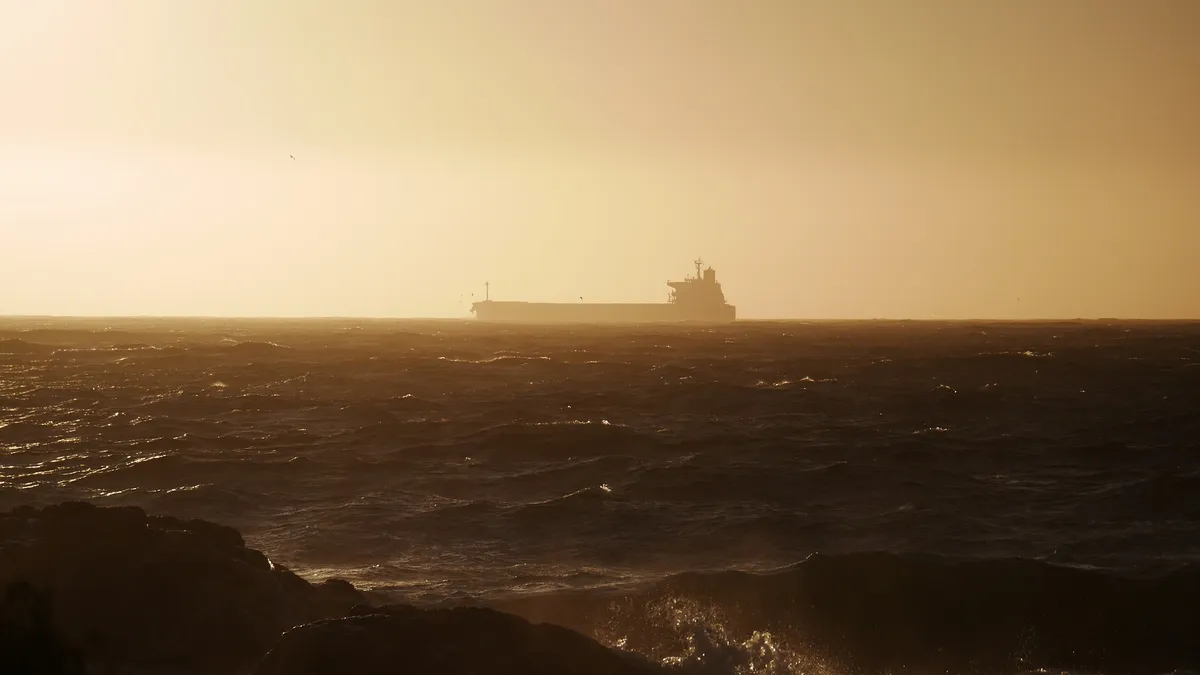Dive Brief:
- Deutsche Post DHL Group (DHL) has launched Ocean View, an online platform permitting greater visibility into ocean freight shipping, the JOC.com reported.
- DHL's platform, which provides real-time visibility, does not depend on container sensor to send signals. Instead, the tracking system relies on DHL’s own transportation management system, as well as data sent from the carrier, port terminal, and vessel.
- Hourly updates are available regarding the shipment’s location, and forecasts arrival times as well as possible route disruptions, which can then be factored in as shippers look to adjust their delivery plans when necessary.
Dive Insight:
Improved visibility continues to be top of mind for the ocean-borne cargo industry, which is still in recovery. Faced with the fallout from Hanjin — and stranded cargo — shippers and others voiced a collective need to track their shipments with a higher level of certainty and predictability. Meeting that need and working hard to emerge from troubled waters was early-adopter Maersk, which aligned with Big Ocean Data to provide tracking via real-time satellite. Since that time, tracking options have expanded to include GE and the Port of L.A.'s digitized maritime data initiative to improve accessibility and safety for shippers and container line companies.
In mid-May, DP World launched the app "Where's my container," enabling shippers and forwarders to track their containers at any point along the shipping route. Rather than relying on in-house TMS, users gained access to container location via its number. Views are available in one of five locations: at sea; on vessel at berth; on hold (generally for customs inspections); available for collection; or departed by road.
Shippers have yet to praise carrier or port efforts at improving transparency, however. Distrust remains due to 2015's labor disputes and current claims of price-fixing, resulting in the investigation of Maersk Line, Hapag-Lloyd, Evergreen Marine and Orient Overseas Container Line (OOCL) in March despite a lack of evidence found by the FMCSA in November.












